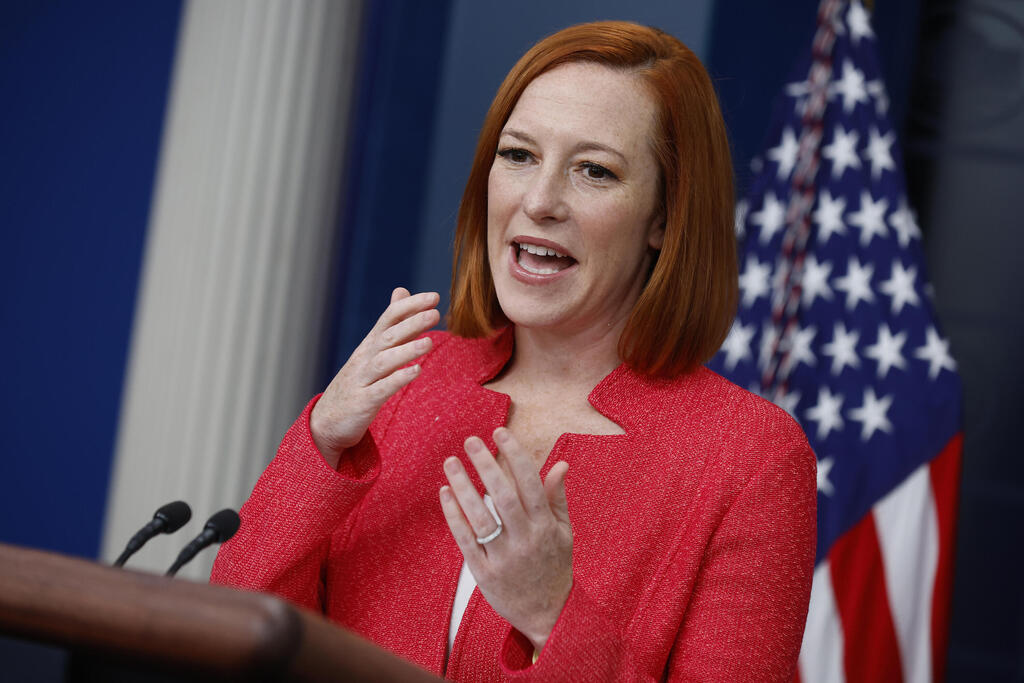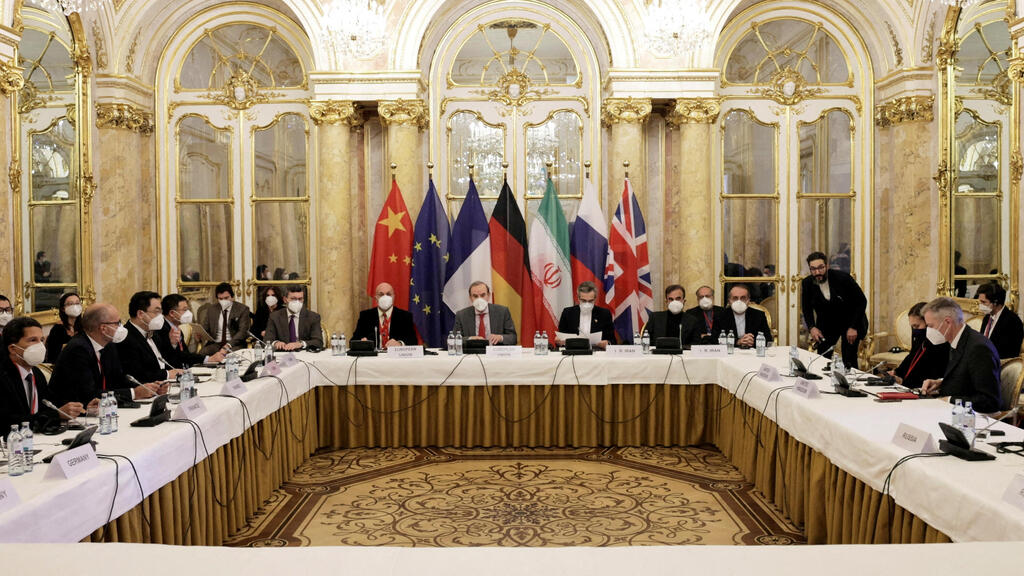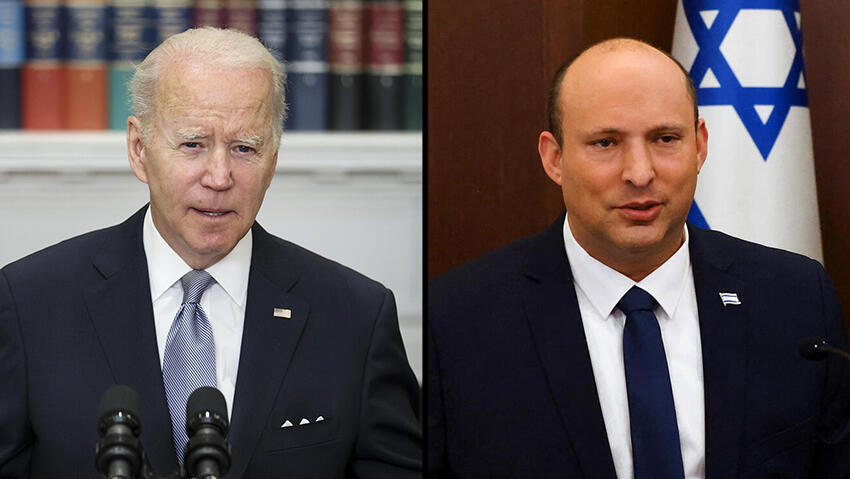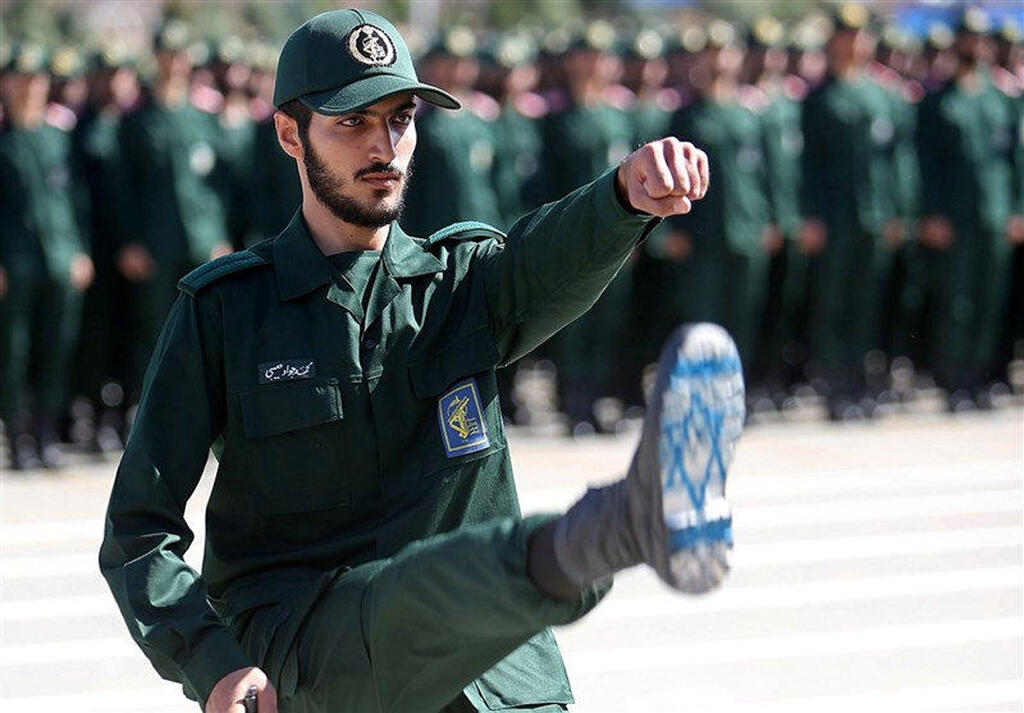Getting your Trinity Audio player ready...
The White House is worried Iran could develop a nuclear weapon in weeks, press secretary Jen Psaki said on Tuesday, after Secretary of State Antony Blinken noted earlier in the day the country has accelerated its nuclear program.
"Yes it definitely worries us," Psaki said, adding the time needed for Iran to produce a nuclear weapon is down from about a year to "just a few weeks or less."
US Secretary of State Antony Blinken said Iran’s breakout time was “down to a matter of weeks.”
The breakout period warned against by the U.S. secretaries refers to the amount of time it will take Iran to amass enough fissile material for a nuclear weapon.
Obtaining enough nuclear material for a bomb doesn't not equate to building the core of a nuclear weapon that could be detonated on Iran's enemies immediately- There are several other conditions and processes necessary for Iran to have a nuclear bomb ready.
“If we go back, under the Iran nuclear deal, Iran’s nuclear program was tightly constrained,” Psaki said, referring to the 2015 nuclear deal between Iran and world powers. “Since the Trump administration ceased US participation in the deal, Iran has rapidly accelerated its nuclear program.
“That is a direct impact of pulling out of the nuclear deal, making us less safe, giving us less visibility, and it’s one of the reasons we pursued a diplomatic path again,” she said.
The White House briefing took place in the background of ongoing talks in Vienna between Iran and world powers that have been moving at a slower pace than the Biden administration would have hoped. This context could be the source of the urgency in Psaki's statement, trying to sway other parties into speeding up the talks.
Due to the continuous stalling of the nuclear talks, Israel now believes that the U.S.' attempts to reach a nuclear deal with Iran are no longer feasible, largely because the U.S. no longer plans on delisting Iran's Islamic Revolutionary Guard Corps (IRGC) as a terror group, a move Israel strongly opposed from the beginning.
Psaki's statements follow the phone call between President Joe Biden and Prime Minister Naftali Bennett on Sunday, in which the two leaders discussed "shared regional and global security challenges, including the threat posed by Iran and its proxies", according to the White House readout of the conversation.
Also, in the midst of international efforts to revive the tattered nuclear agreement with Iran, U.S. National Security Advisor Jake Sullivan met Monday with his Israeli counterpart, Eyal Hulata, "to discuss a range of regional and global security issues," including Israel's "concerns" about Iran, the White House said in a statement.
The two senior officials agreed to continue coordination through the U.S.-Israel Strategic Consultative Group "and strengthen security and diplomatic cooperation wherever possible with other regional partners."
While initially the two countries initially butted heads regarding the IRGC status as a terror group, Biden is now also refusing to accept Tehran's demand to delist the powerful paramilitary group, weakening the chances of a nuclear deal on the horizon.
"I am sure that President Biden, who is a true friend of Israel and cares about its security, will not allow the IRGC to be removed from the list of terrorist organizations. Israel has clarified its position on the issue: The IRGC is the largest terrorist organization in the world," Bennett was quoted as saying.





